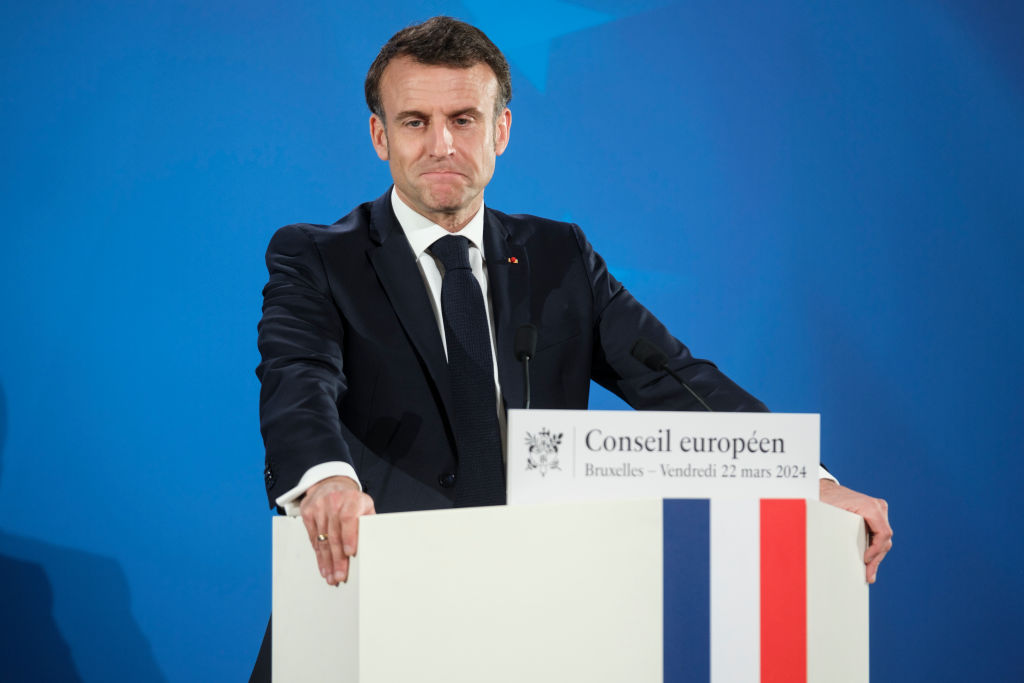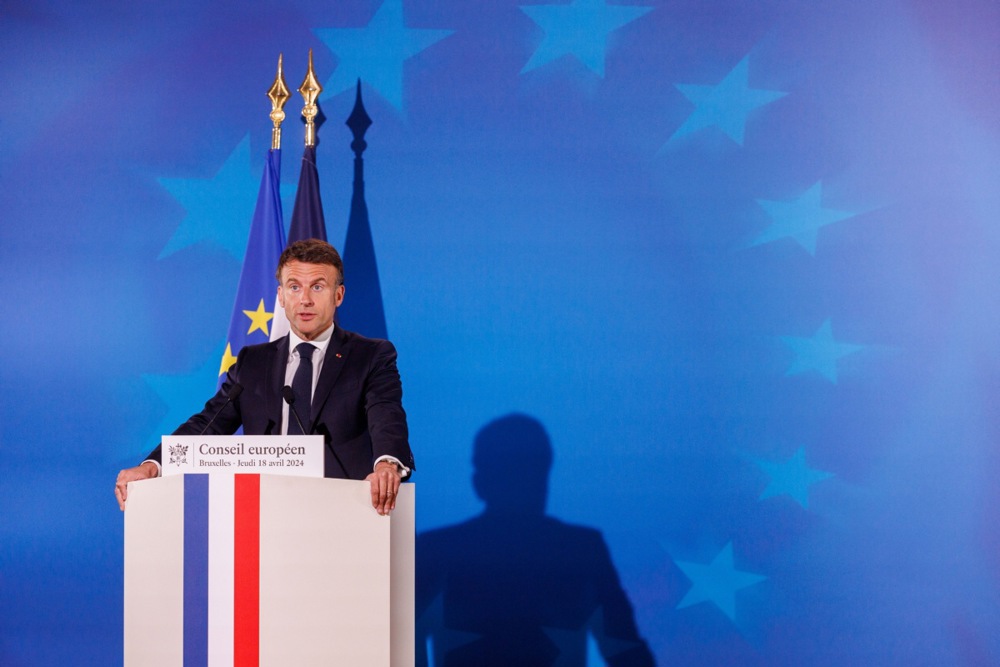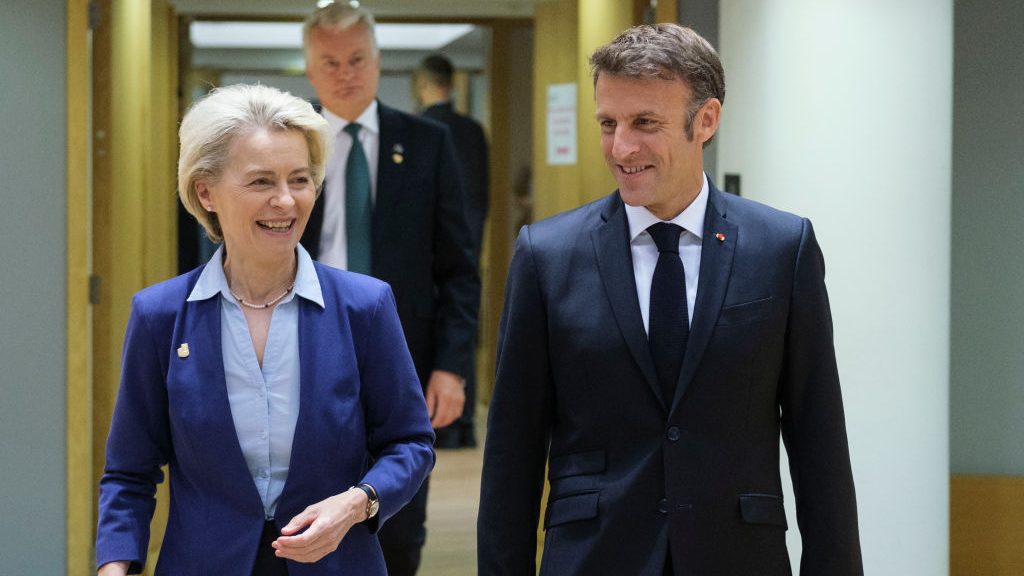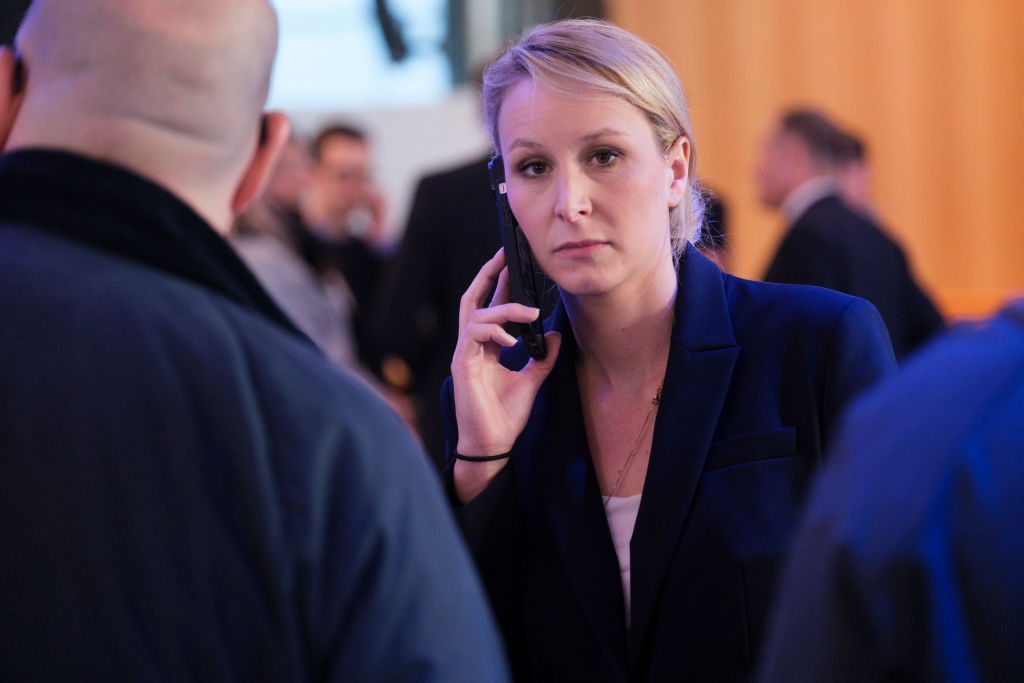With less than a month remaining until the 2024 European Parliament elections, French President Emmanuel Macron’s party Renaissance, led by Valerie Hayer, has struggled to rally support among young voters.
Polling data from IFOP on May 8 revealed the Renaissance list was backed by just 3 per cent of 18-24-year-olds, whereas among those over 65, it polled at 31 per cent.

This generational gap between the French electorate and the French President was already apparent in the 2017 and 2019 presidential elections. Many attributed Macron’s previous electoral successes partly to a significant turnout among older voters and a lower participation rate among the youth.
Since 2017, this disconnect between Macron and youngsters has continued to widen. Today, his party’s list registers the lowest level of support among 18 to 24-year-olds. The EP election campaign led by Valerie Hayer, the head of the Renaissance list, seems to have been overshadowed by Macron’s leadership.
French voters will use the European Parliament elections in June to express their dissatisfaction with French President Emmanuel Macron, research has found. https://t.co/Aw4uForwUu
— Brussels Signal (@brusselssignal) April 30, 2024
For individuals such as 24-year-old Orlane, who didn’t want to give her surname, the President’s attitudes are a turn-off. “Macron is the reason why I won’t vote for Renaissance,” she said.
“I think he’s [Macron] shown us enough times, both with his condescending words and his policies, how he has no respect for the French people,” she told Brussels Signal.
“In my view, giving him even more power with these elections would simply be dangerous,” Orlane added.
Similarly, 23-year-old Léa, who also asked to be identified by her first name only, told Brussels Signal she had noted her parents’ dissatisfaction with Macron’s national policies.
“Macron does not seem to have been up to the task,” she said.
Macron’s perceived ambiguity on international matters has also drawn criticism from young voters like Léa and Orlane.
“Macron has never taken a clear stance on major social issues, I’m thinking of the Uyghurs and the Israel-Palestine conflict,” Léa said.
While Macron has struggled to connect with young voters, Marine Le Pen’s National Rally (RN) party appears to be in better shape among that demographic, with 31 per cent of the youth vote supporting her list headed by Jordan Bardella.
Marine Le Pen’s Rassemblement National (RN) has surged ahead in the French opinion polls ahead of the 2024 European Parliament elections. https://t.co/vPWMyWadNc
— Brussels Signal (@brusselssignal) October 18, 2023
For Léa that was not surprising. “We’re more patriotic than our parents were at the same age,” she said.
“We’re often bombarded with the idea of the Republic, of France to be protected as a country. We are often told that we are in a cultural war,” she added.
The influence of social media also appeared significant in affecting voting behaviour.
“The RN ideas are much more present on social media than certain parties like the Republicans or Renaissance,” Léa said.
Polls suggest France’s youth is split between the hard-right and the hard-left.





